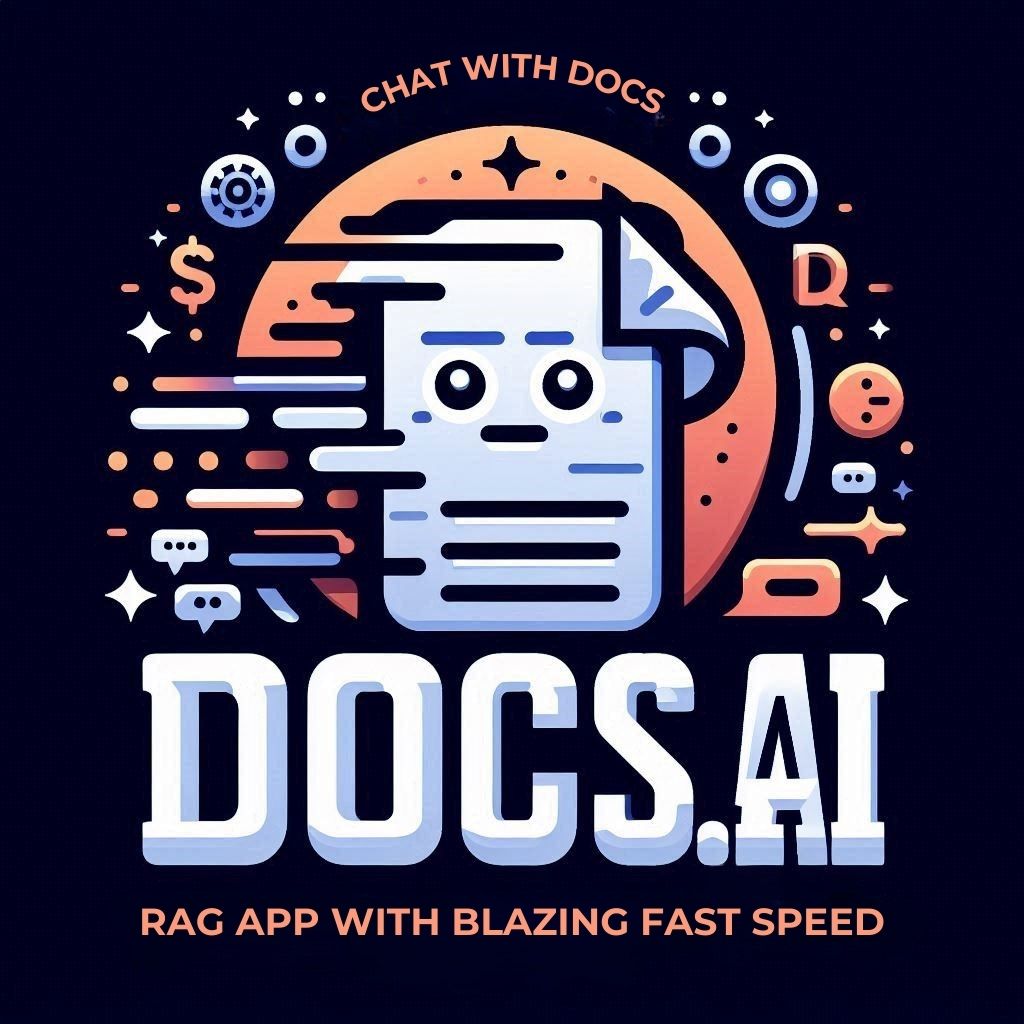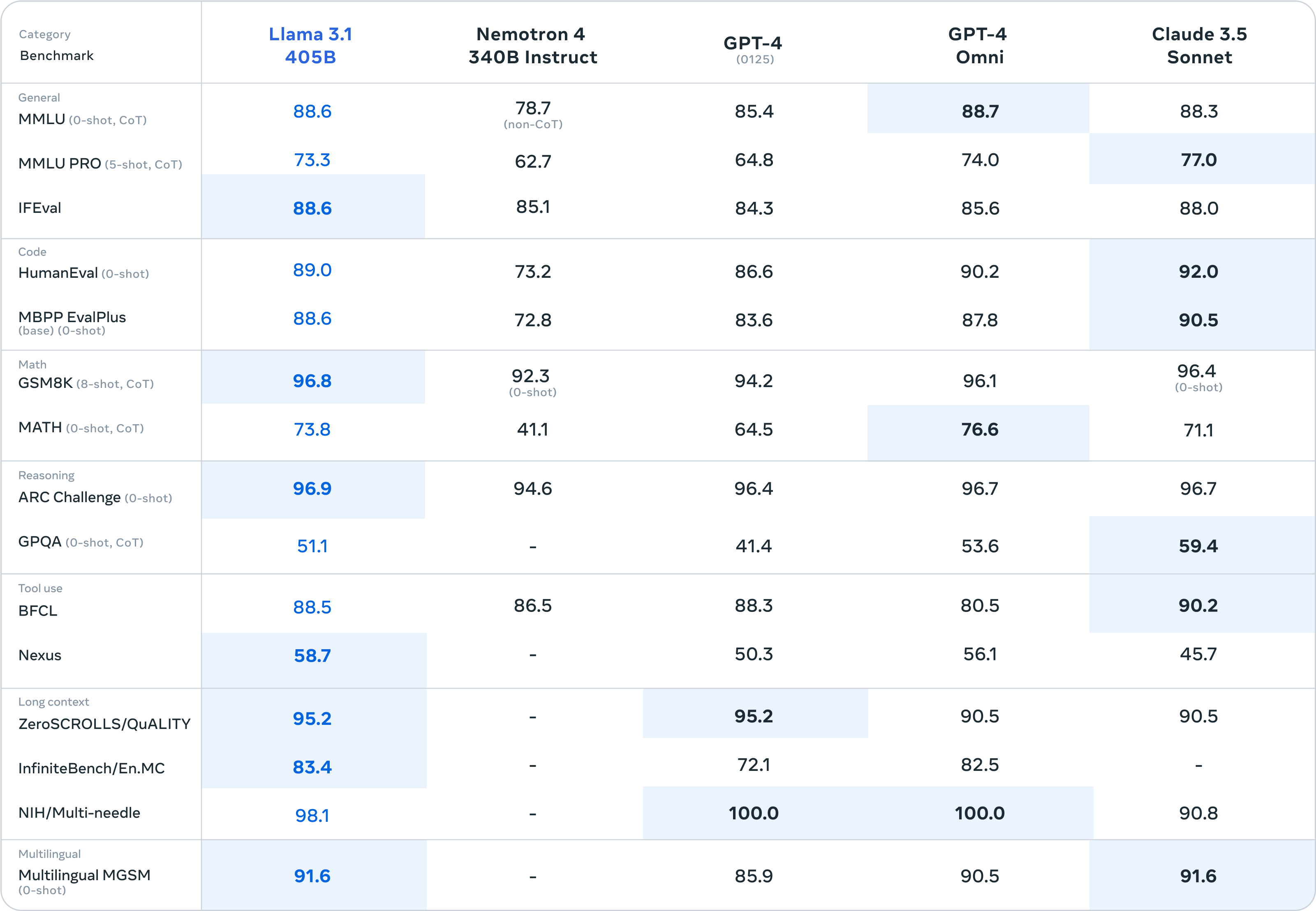Docs.AI RAG Chatbot is an advanced application designed to revolutionize document interactions through AI-driven capabilities. By leveraging Retrieval-Augmented Generation (RAG) techniques and integrating state-of-the-art Large Language Models (LLMs) like Llama3.1, Docs.AI allows users to engage in natural language conversations with their documents, enabling efficient querying, retrieval, summarization, and content generation.
- Natural Language Conversations: Interact with documents using conversational language inputs.
- Retrieval-Augmented Generation (RAG): Combine document retrieval with content generation for contextually relevant responses.
- LLM Integration: Utilize Llama3.1 for accurate and context-aware natural language processing.
- User-Friendly Interface: Designed with HTML5 and CSS3 for easy navigation and efficient access.
- AI-driven Document Management: Enhance document search, retrieval, summarization, and content generation with advanced AI algorithms.
- Cloud and Local Model Execution: Use API for cloud-based execution and Ollama for running the model locally.
- Professionals, Researchers, Educators, Knowledge Workers: For efficient document handling in daily workflows.
- AI Enthusiasts and Technologists: For exploring advanced AI techniques in document management.
- Efficiency and Productivity: Streamline document interactions, saving time and enhancing productivity.
- Intelligent Document Insights: Extract valuable insights through intelligent querying and summarization.
- Future-ready AI Integration: Leverage cutting-edge AI for intelligent document management solutions.
- Technological Advancements: Showcase practical applications of RAG and LLMs.
- Competitive Edge: Offer innovative features and enhanced user experiences compared to traditional solutions.
- Innovative AI Techniques: Set new standards in AI-driven document management.
- User Experience Enhancement: Provide a conversational interface for improved user engagement and satisfaction.
- Hardware Requirements: Verified CPU, GPU, RAM, and disk space for running LLMs and supporting frameworks.
- Software Requirements: Ensured compatibility with Python 3.12, LangChain, Django, ChromaDB, and embedding models.
- Technology Stack Evaluation: Evaluated performance, scalability, and integration capabilities.
- Risk Assessment: Identified and mitigated potential technical risks.
- Cost-Benefit Analysis: Conducted analysis to determine financial feasibility.
- Cost Components: Evaluated costs for hardware, software, development, training, and maintenance.
- Return on Investment (ROI): Estimated potential ROI based on improved productivity and market competitiveness.
- Budget Allocation: Defined budget for development, maintenance, and upgrades.
- Financial Risk Analysis: Identified and mitigated financial risks.
- Operational Requirements: Analyzed requirements for deploying and managing Docs.AI.
- User Training and Adoption: Assessed readiness for AI-driven solutions and planned for training.
- Integration with Existing Systems: Evaluated compatibility with existing systems and workflows.
- Change Management: Developed strategies for smooth adoption and implementation.
- Operational Risk Assessment: Identified and mitigated operational risks.
- Programming Languages: Python 3.12, HTML5, CSS3, JavaScript, SQLite3.
- Frameworks and Libraries: LangChain, Django, various AI and NLP libraries.
- Vector/Embedding Database: ChromaDB.
- Additional Tools: pytest for testing, Django REST framework, Git, GitHub, pip for dependency management.
- CPU: Modern CPU with at least 8 cores.
- GPU: Nvidia GPUs with CUDA architecture, preferably RTX 3000 series or later.
- RAM: Minimum 16 GB for 8B LLM, 32 GB or more for 70B LLM.
- Disk Space: Several terabytes of SSD storage.
- Networking: Stable internet connectivity and adequate bandwidth.
- HTML5 and CSS3: For structuring and styling web pages.
- JavaScript: For client-side scripting and interactivity.
- Responsive Design: Ensuring the interface adapts to various screen sizes and devices.
- Python 3.12: Primary programming language for server-side logic and AI integration.
- Django Web Framework: For handling HTTP requests, routing, session management, and database interaction.
- LangChain Framework: For integrating LLMs and managing model inference and response generation.
- SQLite3: Lightweight RDBMS for local database management.
- ChromaDB: For storing and retrieving vector embeddings, supporting semantic search and document representation.
- Python 3.12
- Nvidia GPU (RTX 3000 series or later recommended)
- Several terabytes of SSD storage
- Stable internet connectivity
-
Clone the repository:
git clone https://github.com/coder-nian/docs.ai.git cd docs.ai -
Install dependencies:
pip install -r requirements.txt
-
Set up the database:
python manage.py migrate
-
Run the development server:
python manage.py runserver
Access the application in your web browser at https://127.0.0.1:8000/ and start interacting with your documents using natural language queries.




